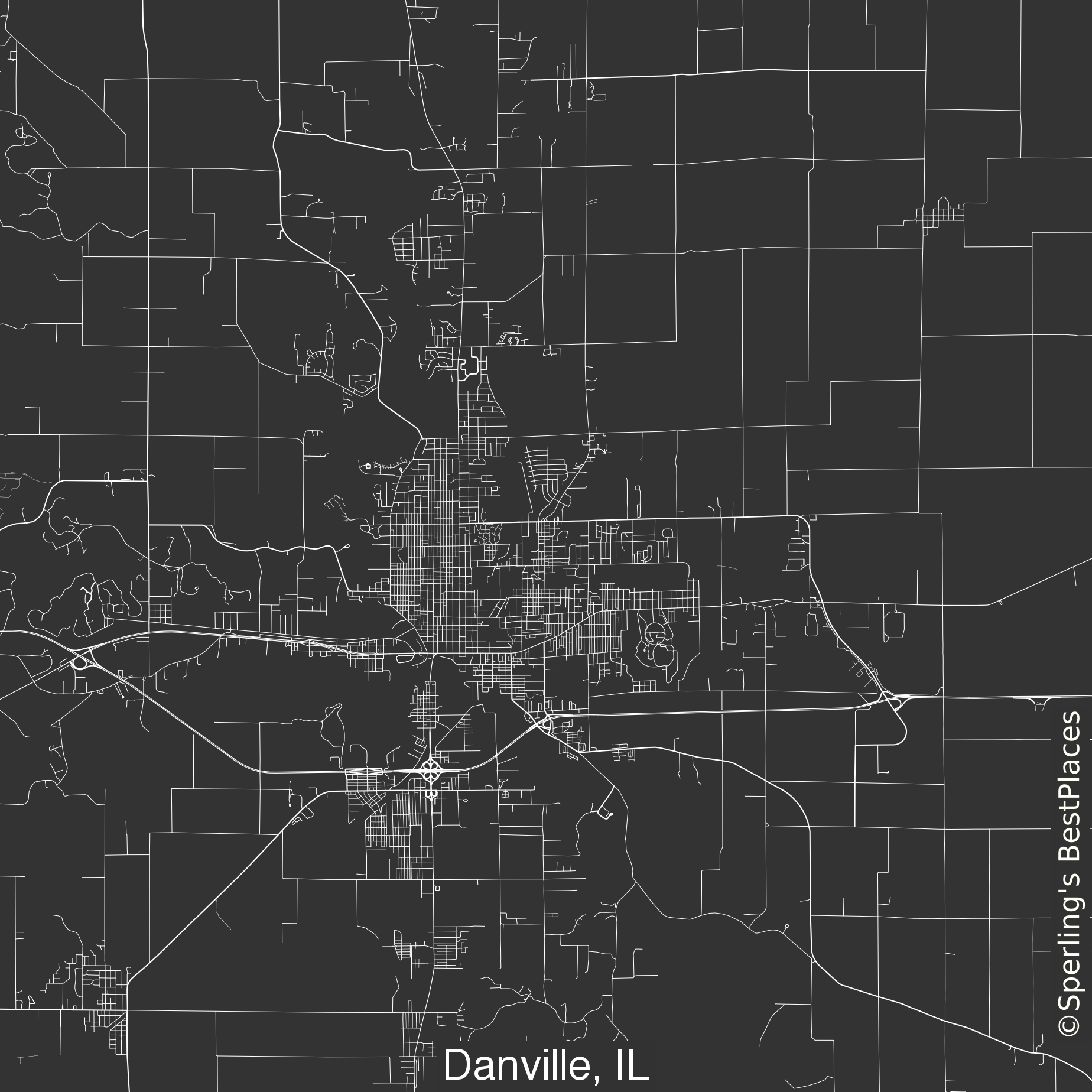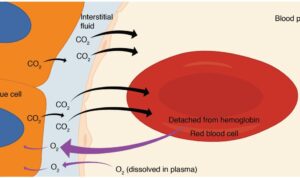Best hr ticketing system is not just about resolving employee issues; it’s about creating a seamless communication channel that enhances workplace efficiency. In today’s fast-paced corporate environment, having a reliable ticketing system means HR teams can track inquiries, manage requests, and ensure no issue goes unresolved. It opens doors for both HR professionals and employees, providing clarity and fostering a supportive workplace culture.
With technology at the helm, the best hr ticketing systems are becoming increasingly sophisticated, utilizing automation and analytics to streamline processes. From intuitive user interfaces to comprehensive reporting tools, these systems are designed to meet the evolving needs of organizations. Whether it’s onboarding new hires or managing leave requests, an effective ticketing solution can transform HR operations, making them more responsive and efficient.

In today’s fast-paced world, the significance of effective communication cannot be overstated. Whether it’s in personal relationships, professional settings, or even casual interactions, the way we convey our thoughts can have profound implications. This article delves into the various aspects of effective communication, exploring its importance, techniques for improvement, and the impact it has on our daily lives.Effective communication is more than just exchanging words; it’s about understanding the feelings and intentions behind those words.

The ability to share thoughts clearly and understand others is fundamental to building relationships, resolving conflicts, and achieving goals. One might wonder, what exactly makes communication effective? It involves several key components, including clarity, active listening, empathy, and non-verbal cues.To begin with, clarity is paramount in communication. When we articulate our thoughts clearly, we reduce the chances of misunderstandings. This is particularly important in professional environments where miscommunication can lead to costly errors.
For instance, consider a team project where instructions are vague. If team members interpret the directions differently, the outcome can be disjointed efforts. Therefore, striving for clarity involves being precise with language and ensuring that our message is easily comprehensible.Active listening is another crucial element of effective communication. It goes beyond merely hearing the words being spoken; it involves fully engaging with the speaker, understanding their message, and responding thoughtfully.
When we practice active listening, we validate the speaker’s feelings and thoughts, which fosters a more meaningful dialogue. This is especially important in conflict resolution, where understanding differing perspectives can lead to a more amicable resolution.Empathy is deeply intertwined with effective communication. It allows us to connect with others on a personal level, understanding their emotions and viewpoints. When we communicate with empathy, we show that we care about the other person’s feelings, which can strengthen relationships.
This is particularly evident in personal relationships, where expressing empathy can lead to deeper connections and a more supportive environment.Non-verbal cues also play a significant role in communication. Body language, facial expressions, and tone of voice can all convey messages that words alone may not express. For instance, maintaining eye contact while speaking can demonstrate confidence and attentiveness, while crossed arms might suggest defensiveness or disinterest.
Being aware of these non-verbal signals can enhance our communication skills and help us interpret the underlying emotions in conversations.Now that we’ve explored the components of effective communication, let’s discuss some techniques for improving these skills. One effective method is to practice mindfulness. Being present in the moment can help us focus on the conversation at hand, reducing distractions and allowing us to engage more fully.
Mindfulness encourages us to listen actively and respond thoughtfully, rather than reacting impulsively.Another technique is to ask open-ended questions. These types of questions encourage deeper discussions and allow others to express themselves more fully. By asking questions that cannot be answered with a simple “yes” or “no,” we invite others to share their thoughts and feelings, fostering a more engaging dialogue.Additionally, it can be beneficial to reflect on past conversations.
After a discussion, taking a moment to consider what went well and what could have been improved can help us identify areas for growth. This reflection can include analyzing how we communicated our thoughts, how we listened to others, and how our non-verbal cues contributed to the exchange.As we strive to enhance our communication skills, it’s essential to recognize the impact that effective communication can have on our daily lives.
In personal relationships, communicating effectively can lead to stronger bonds, increased intimacy, and greater overall satisfaction. For example, couples who practice open and honest communication are often more adept at navigating conflicts and understanding each other’s needs.In professional settings, effective communication can lead to improved teamwork, increased productivity, and enhanced problem-solving. When team members feel comfortable sharing their ideas and concerns, they are more likely to contribute meaningfully to projects.
Companies that prioritize effective communication often experience higher employee morale and retention rates, as individuals feel valued and heard.Moreover, effective communication extends beyond interpersonal interactions; it also plays a crucial role in leadership. Leaders who communicate clearly and empathetically are more likely to inspire their teams and foster a positive work culture. By articulating a compelling vision and actively listening to team members, leaders can create an environment where everyone feels motivated to contribute their best efforts.In conclusion, effective communication is a vital skill that impacts various aspects of our lives, from personal relationships to professional environments.
By focusing on clarity, active listening, empathy, and non-verbal cues, we can enhance our communication abilities and build stronger connections with those around us. Through mindfulness, open-ended questioning, and self-reflection, we can continuously improve our skills and become more effective communicators.As we navigate our increasingly interconnected world, the importance of communication will only continue to grow. By prioritizing effective communication, we not only enrich our relationships but also contribute to a more understanding and collaborative society.
So, let’s embrace the power of words and the art of listening, for in doing so, we pave the way for deeper connections, greater understanding, and a more harmonious world.
Essential FAQs
What is an HR ticketing system?
An HR ticketing system is a software tool designed to track and manage employee inquiries and requests effectively.
How does an HR ticketing system benefit employees?

It provides employees with a clear channel to submit inquiries and track their status, ensuring timely responses.
Can HR ticketing systems be integrated with other software?
Yes, many HR ticketing systems can integrate with existing HR platforms, payroll systems, and communication tools.
What features should I look for in an HR ticketing system?
Look for features like automation, reporting capabilities, user-friendly interface, and integration options.
Is training necessary for using an HR ticketing system?
While many systems are user-friendly, some basic training can help HR teams maximize the system’s potential.




































